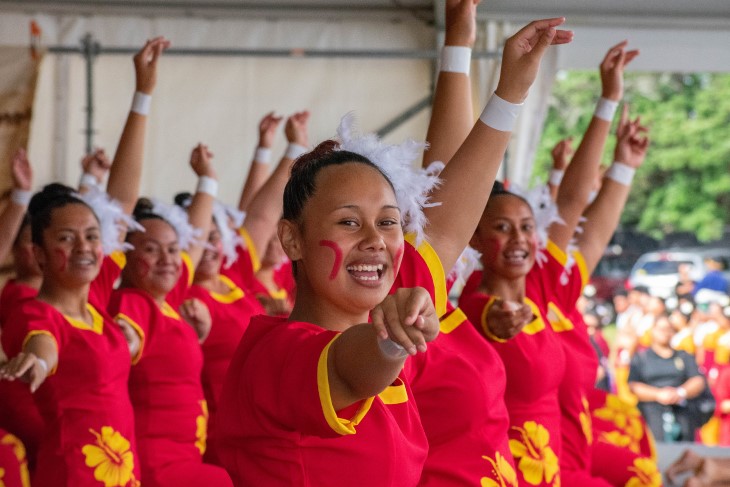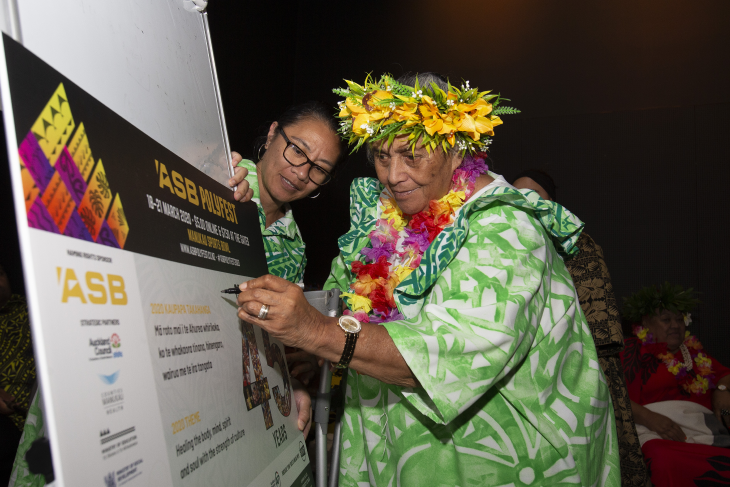Marking a special milestone for Polyfest

A lot has changed in five decades of Polyfest but one thing remains – the sense of community. On the eve of the 50th anniversary, event director Seiuli Terri Leo-Mauu explains what’s special about the cultural festival, which ACC are again a partner of.
When asked what makes ASB Polyfest so special, event director Seiuli Terri Leo-Mauu doesn’t hesitate.
“It's the generations of people who’ve come through it,” she says.
Terri would know.
After performing at the event while at high school, she had 15 years in the tertiary sector as a sponsor of Polyfest before serving as the event director for the past nine years.
“It’s nice to see people come together and it’s always been so community driven,” she says.
“It’s stressful pulling an event like this together but the reward is seeing the students take to the stage and the celebration of culture and self-expression.”
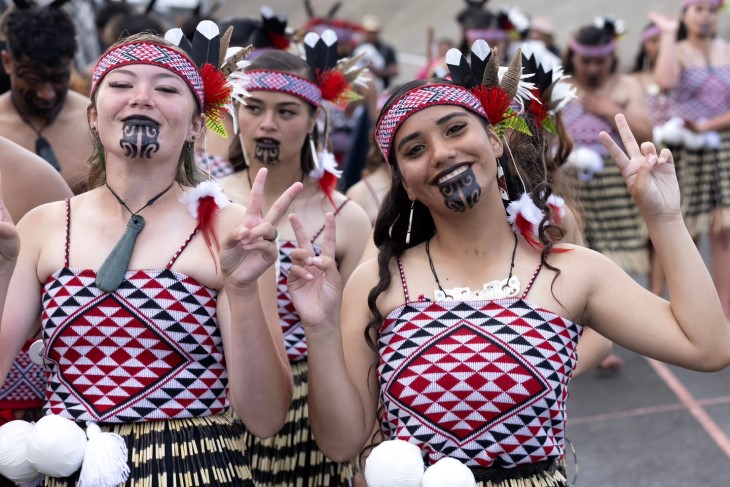
From humble beginning to biggest in world
Polyfest will celebrate its 50th anniversary this year.
It’s come a long way since the humble beginnings in 1976 when it was first staged at Hillary College.
Four schools – Hillary College (now Sir Edmund Hillary College), Mangere College, Aorere College and Seddon College (now Western Springs) – attended and performed. It cost 50 cents to attend.
In 2025, close to 75 schools and 280 groups are anticipated to perform. More than 10,000 Pasifika youth will take to the stage and around 100,000 people will attend, making the most of 200 stallholders.
Since COVID-19, there has also been a surge in online engagement with Polyfest, including 1.4 million views annually on the live stream and 2.8 million views on TikTok.
It's now heralded as the biggest secondary school cultural dance festival in the world.
Resilience and strength keep Polyfest alive
Terri says the festival has played a key role in developing cultural identity and community cohesion.
She’s proud of the resilience the Polyfest team has shown through crises like COVID-19, the Christchurch shootings (which happened during the 2019 event) and the Auckland floods.
“Despite everything Polyfest has been through in recent years, this event and the people who come around it have shown resilience and strength.”
Terri says Polyfest is more than a four-day festival.
“We provide the platform for our young people to be creative and celebrate who they are.”
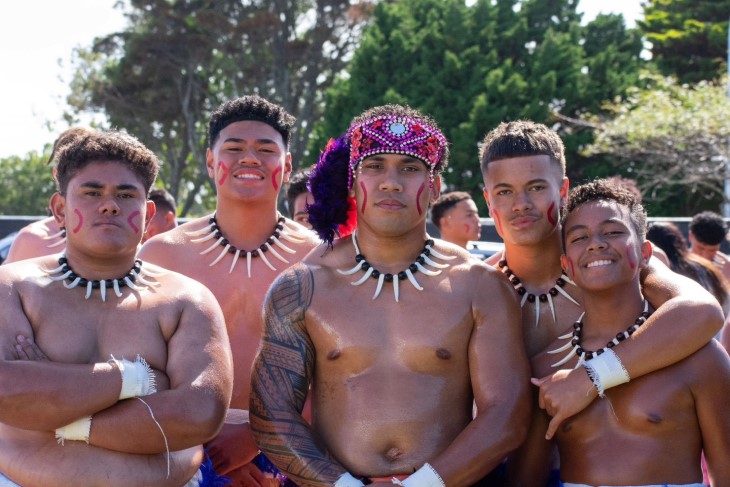
Promoting wellbeing among our rangatahi
ACC is supporting Polyfest again, we’ll be there alongside New Zealand Rugby League to engage with the community about concussion, as well as teaming up with South Seas Healthcare to promote the ACC SportSmart warm-up.
In 2023, we accepted 10,648 claims for sports-related concussion. These injuries came at a cost of $64 million to help people recover.
ACC research shows that concussion is an underreported injury.
“We’re there to help,” says ACC Injury Prevention Partner Nat Hardaker.
“We know good early management of concussion can improve long-term outcomes.”
Nat says community events like Polyfest are important as they provide an opportunity to raise awareness and understanding of ACC services.
“They’re also important for ACC to learn what’s important to communities and how we can support them. We know sport is important in the lives of Māori and Pacific peoples.”
Research shows Māori and Pacific players have higher rates of concussion and lower rates of reporting. Nat says managing concussion in sport is everyone’s responsibility.
“We want to understand more about how we can create a culture where brain health is prioritised over playing on or trying to get back on the field before you’re fully recovered.”
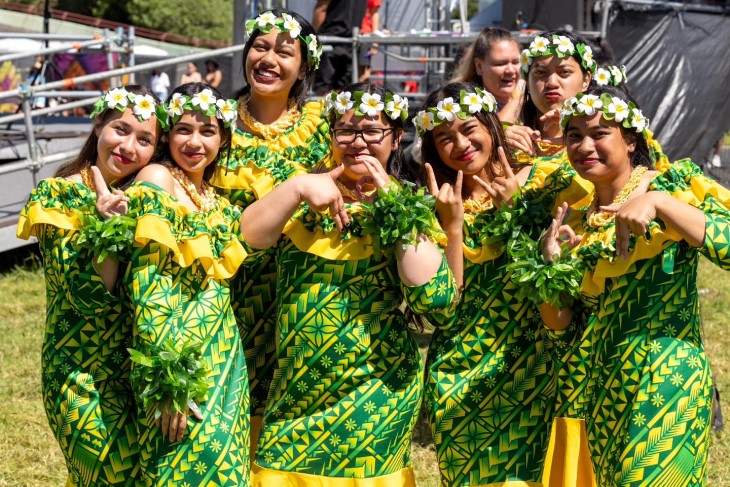
Guidelines show the way for concussion
In 2024, ACC introduced the new National Concussion Guidelines for youth and community sport.
In partnership with seven national sporting organisations, the key element of the guidelines is the consistent approach across sport for returning to play following concussion.
“We need to continue changing the culture and helping everyone to understand that reporting concussion is the smart thing to do,” Nat says.
“We’re looking forward to being part of the 50th anniversary of Polyfest and making a difference for our communities in this area.”
The four ‘Rs’ of concussion management are: recognise, remove, recover and return.
You can find out more by viewing the national guidelines for sport concussion on our website.
Sport Concussion in New Zealand – National Guidelines
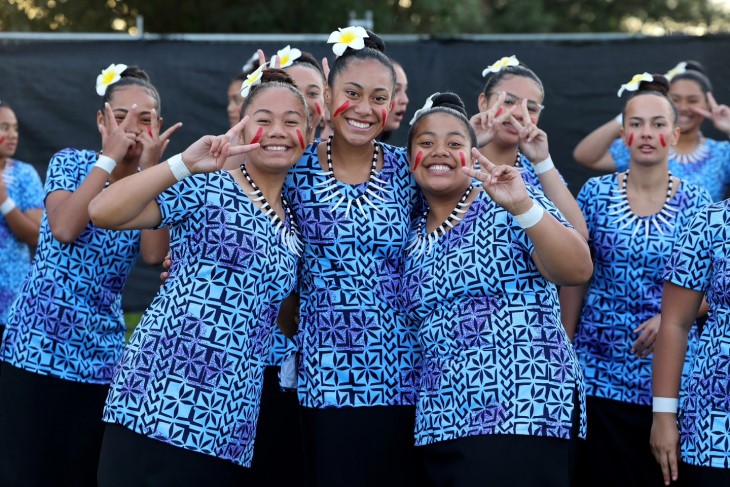
ASB Polyfest
Auckland Secondary Schools Māori and Pacific Islands Cultural Festival
2-5 April, celebrating 50 Years
Manukau Sports Bowl, Auckland
Six stages: Māori, Samoa, Tonga, Niue, Cook Islands, Diversity
ACC is supporting Polyfest to raise awareness and build understanding around services that improve access and health outcomes for Pacific people and Māori.
Pacific people have lower ACC claim rates, around six per cent of all claims relative to their population size of nine per cent.
For more information, please visit the ASB Polyfest website.



